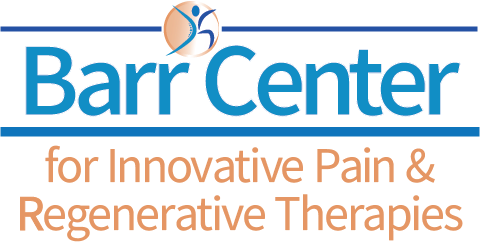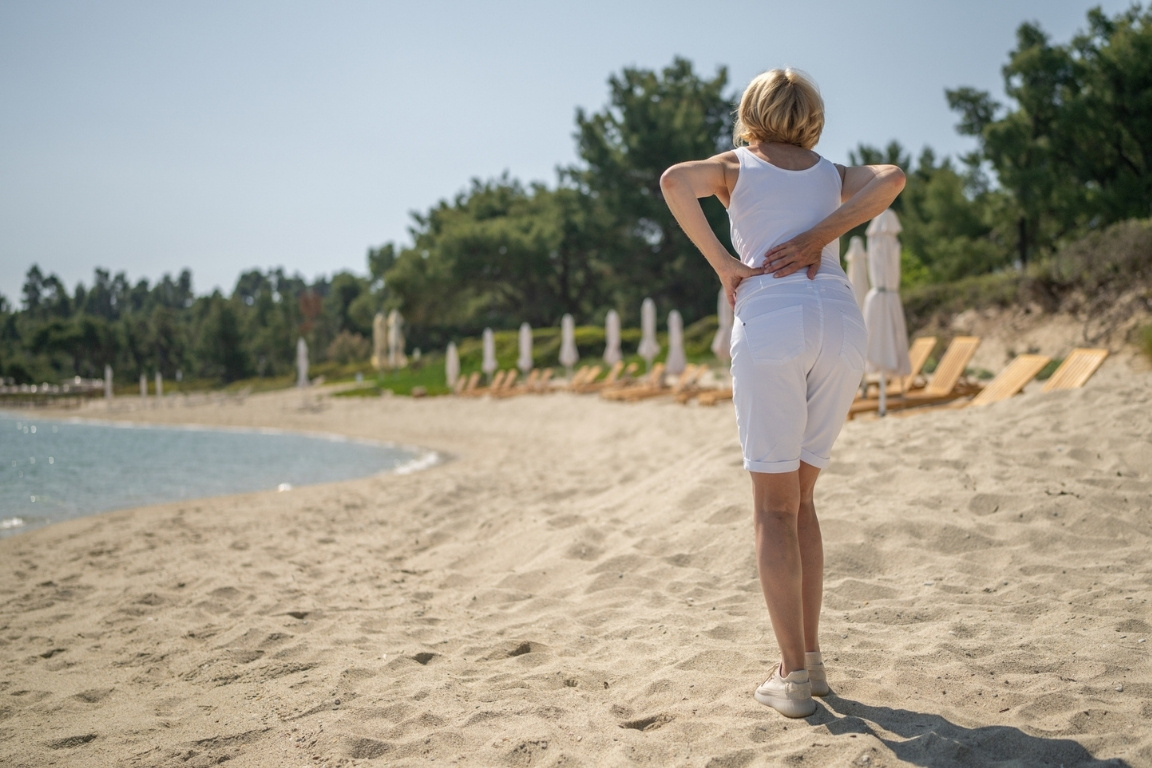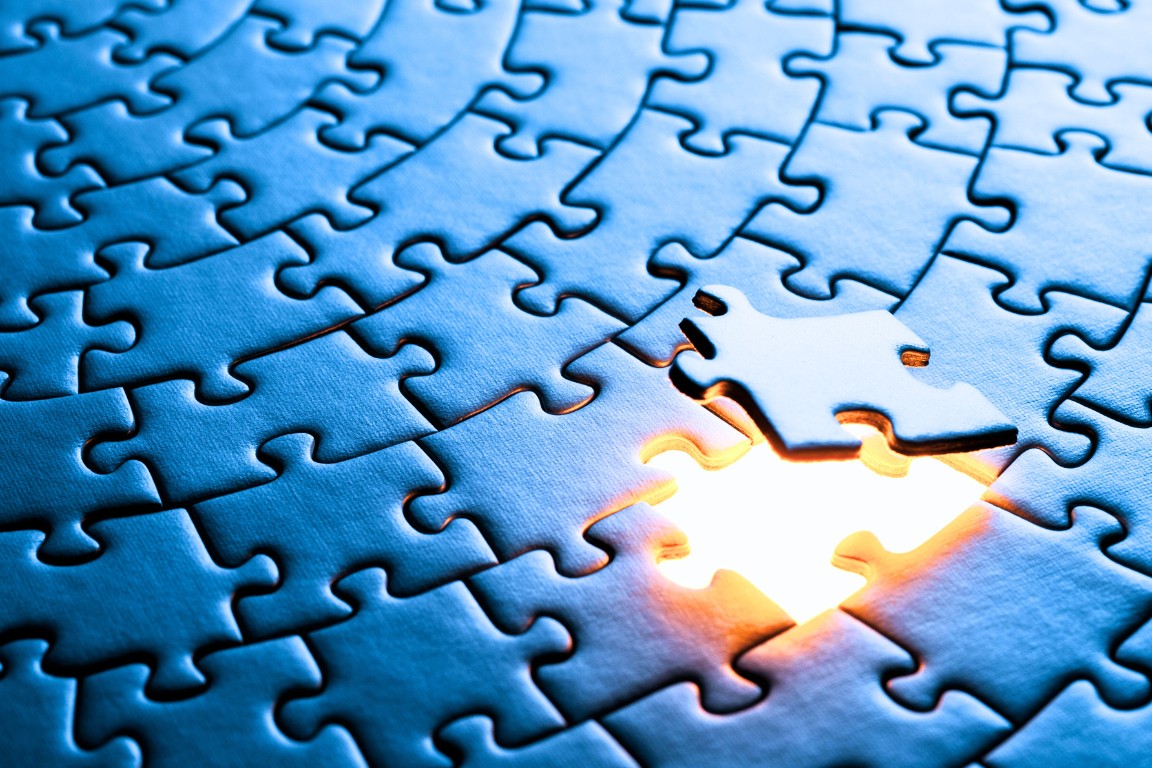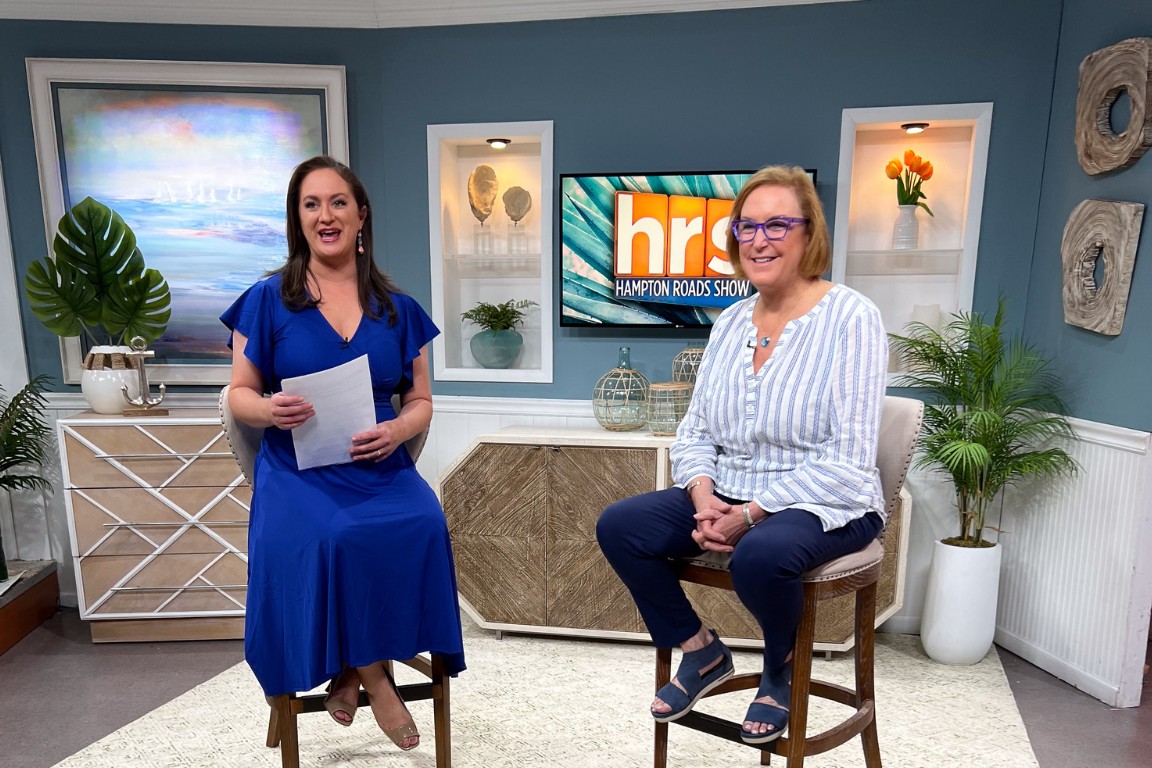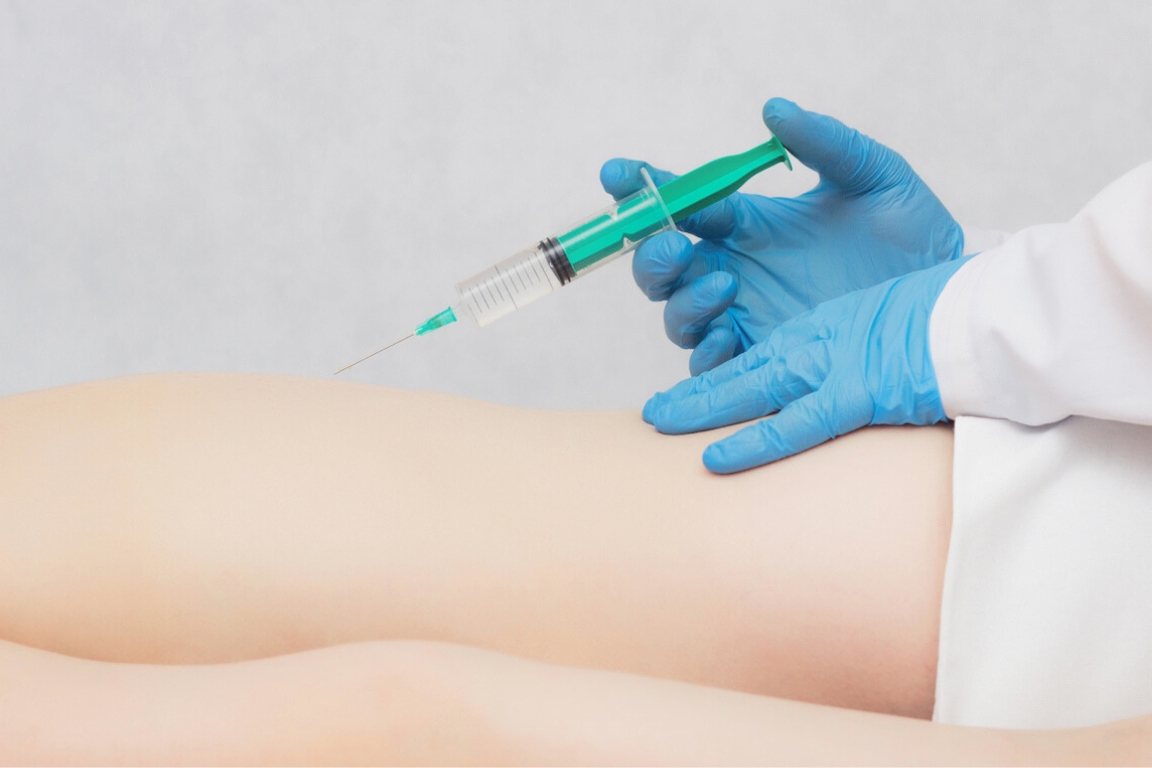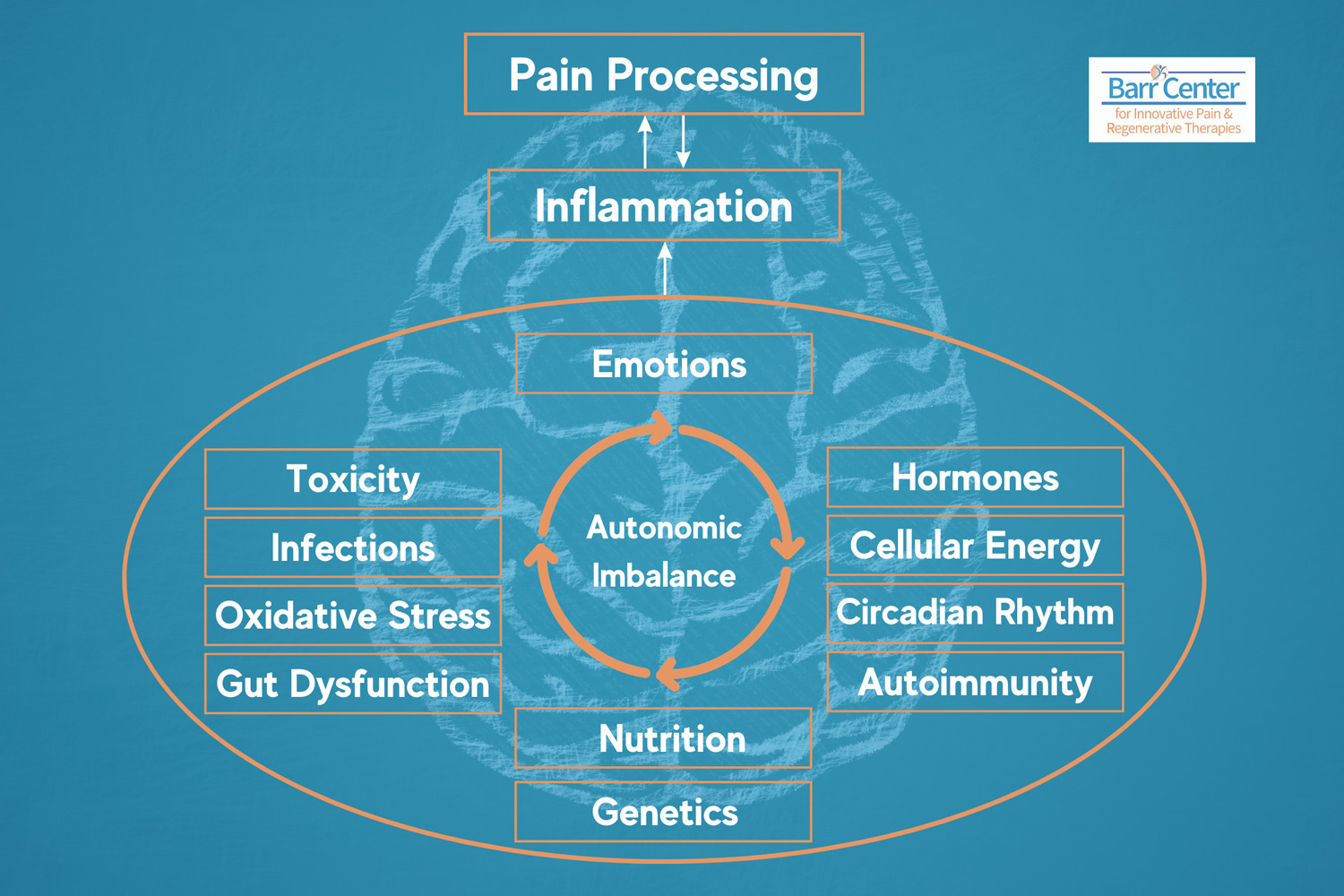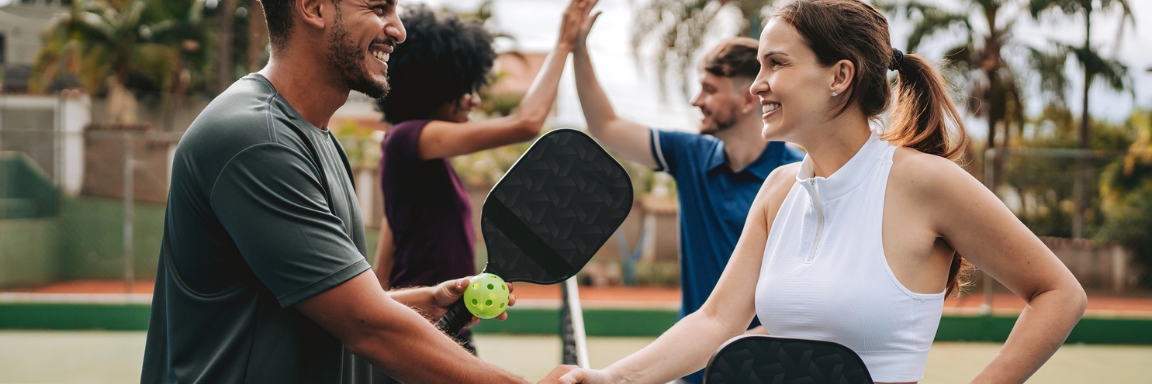
Pickleball is not just a passing trend, it is a full-blown movement. With courts popping up everywhere and more players joining daily, this fast-paced sport is capturing the hearts (and joints) of active adults across the country.
But while the sport is fun and accessible, the repetitive motions, quick pivots and hard surfaces take a toll. As more people pick up paddles, physicians are seeing a rise in overuse injuries—especially in the shoulders, knees, elbows and ankles.
At the Barr Center for Pain and Regenerative Therapies in Virginia Beach, we’ve seen a significant rise in overuse injuries among active adults playing pickleball at local recreation centers and clubs. But you do not have to sit out the season—or resort to surgery—to heal. We diagnose the problem quickly and provide non-surgical treatment—specializing in regenerative therapies for sports injuries that support your body’s natural healing abilities, getting you back on the court faster and stronger.
Common Pickleball Injuries We See
If you have played for more than a few weeks, chances are you have felt the strain in at least one of these areas:
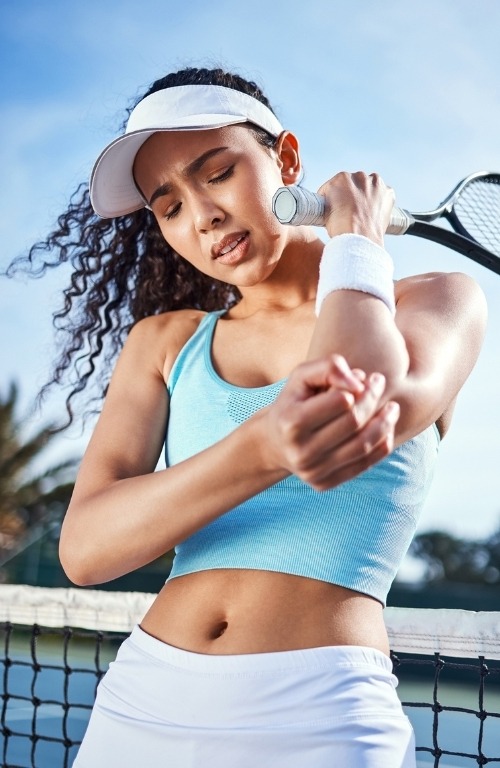
Why These Injuries Linger
Most overuse injuries involve tendons and ligaments—tissues that have poor blood flow and limited self-repair capacity. While rest, ice or cortisone shots might provide short-term relief, they do not always address the root issue: tissue degeneration and inflammation.
This is where regenerative medicine comes in. Barr Center offers non-surgical treatments that activate your body’s own healing mechanisms. These include:
In addition to injections, peptides such as BPC 157 can also be helpful in healing, as well as low level laser therapy.
Back on the Court—Pain-Free
Whether you are a weekend warrior or competing in local tournaments, pain should not sideline your game. At Barr Center, our regenerative therapies help you return to play safely, naturally and often without surgery.
If you are dealing with persistent joint or tendon pain after playing—and curious about these therapies, we can help. Call The Barr Center for Pain and Regenerative Therapies at 757- 578-2260 to schedule your evaluation—and get back to pickleball, pain-free.
